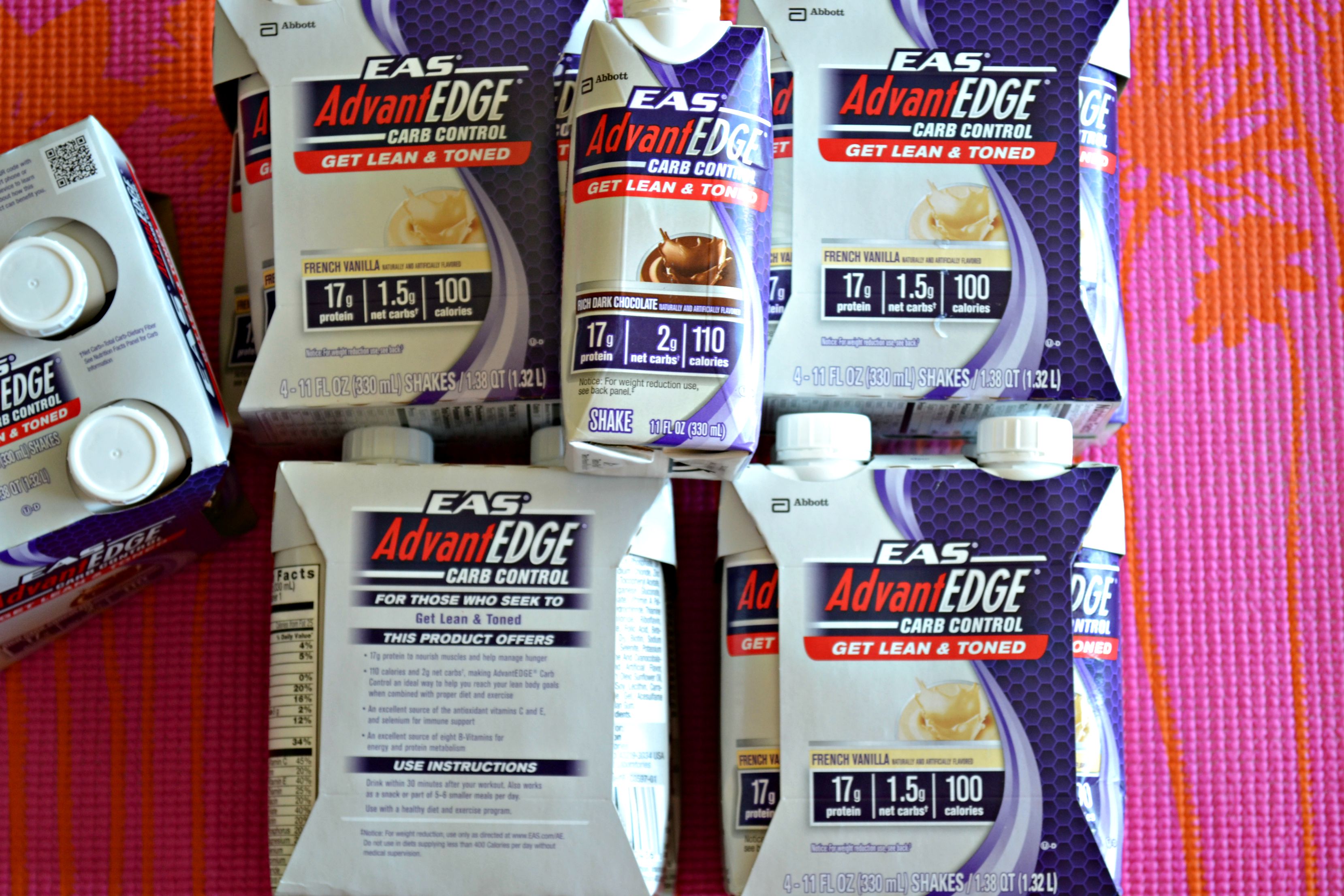
Wellness-Focused Activities for People Fighting Obesity
Most of us have had a negative diet experience at one time or another. You get excited about a “can’t miss” diet, only to be disappointed when those claims turn out to be false and your weight and old eating habits return to square one. For people battling obesity, it can be especially disheartening to find that there really are no “wonder diets,” no surefire means of shedding pounds and finding your way to a healthy weight level. However, you can follow a healthy lifestyle with wellness-focused actions and a balanced approach to mental and physical well-being. Sometimes, making a major life change requires a completely new way of thinking about yourself and what you need. It’ll take some honesty and self-discipline, but you can do it.
Mental issues

Obesity is often a manifestation of some deep-seated psychological problem. People who are depressed or suffer from low self-esteem may exhibit outward signs of a troubled psyche in many ways, including weight gain or a general lack of concern about their appearance. The good news is that addressing obesity can alleviate depression as well. If you suffer from depression, understanding the root of the problem can help you understand why you overeat, fail to exercise and engage in unhealthy behaviors.
Healthy diet
Following a healthy diet is essential to losing weight and keeping it off. Beware of fad diets, pills, or powders that promise a quick return on investment. There’s simply no substitute for a balanced diet including vegetables and fruit, protein, whole grains, and the right amount of dairy. If you’re unfamiliar with healthy eating and not sure where to begin, consult with your doctor or a nutritionist who can structure an overall dietary strategy for you. Above all, avoid starving yourself, because you need enough calories each day to stay healthy. Also, avoid starting a starve-and-binge pattern that’ll make it impossible to stay on the right path.
Stay away from processed foods as much as possible and emphasize an array of colorful vegetables, whole-wheat bread, brown rice, nuts, beans, and plant oils like olive oil. Limit fruit juices, which many people mistake for a healthy alternative, not realizing they’re full of sugar. It goes without saying that fast foods are off-limits; that shouldn’t be a big problem as long as you follow your dietary routine faithfully.
Daily activity
Daily exercise should go hand-in-hand with any dietary plan. Try to get at least 30 minutes a day of good cardio and/or strength-training exercise. Be careful about choosing just any exercise routine. If you find you don’t like what you’re doing, there’s a good possibility you won’t stay with it. Try aerobics, calisthenics, and weight lifting for starters. See which ones you like and which work best for you. If you have a preexisting condition like arthritis, joint pain, or sore knees, steer clear of any exercise that aggravates it. You won’t get far doing exercises that cause you pain.
Many people who cope with obesity are reluctant to go to a gym and, for that reason, may not work out at all. Consider instead the benefits of putting together a home gym. It’s convenient, and you don’t have to spend a lot of money to put one together, especially if you have a garage or basement where you can set up. Free weights, kettlebells, resistance bands, and a Swiss ball can get you off to a great start. A yoga or Pilates mat will give you a comfortable space in which to work out and make it easier to do yoga or stretching exercises.
Finding balance
Fighting obesity is all about finding balance — balancing your physical and mental health, balancing your diet and exercise strategy, and making peace with yourself. Working toward a healthy weight means achieving a healthy mindset. Always bear in mind that you shouldn’t punish yourself physically to improve your health.
Courtesy of Pixabay




